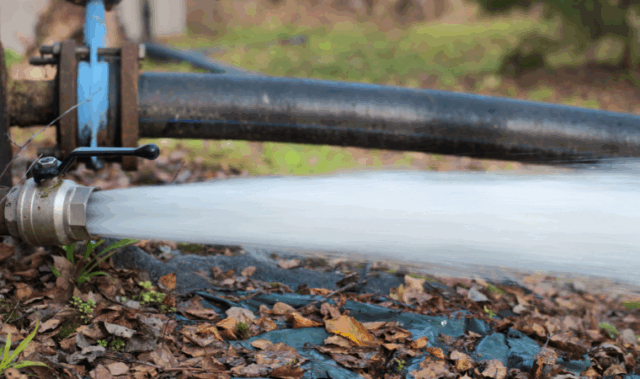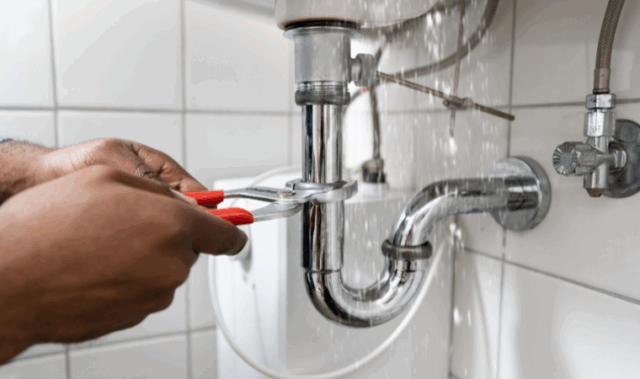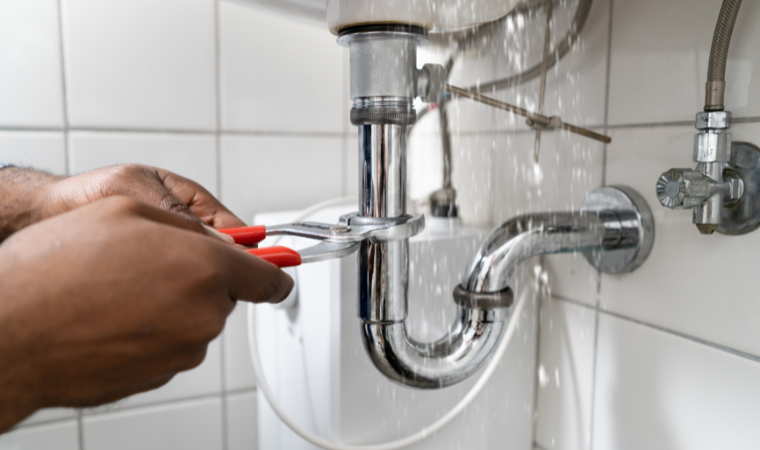PEX piping, short for cross-linked polyethylene, has become one of the most widely used materials in modern plumbing. Homeowners and contractors alike choose it for its flexibility, durability, and lower cost compared to traditional copper or galvanized steel pipes. Yet one common concern comes up again and again: do PEX pipes burst under pressure, freezing, or other extreme conditions? The answer is not a simple yes or no, but by exploring how PEX performs, its strengths, and its limits, you’ll gain a clear understanding of what to expect.
What Makes PEX Pipes Different
PEX pipes are built from a type of plastic that is cross-linked, giving them flexibility and resilience. Unlike copper or PVC, which are rigid, PEX can bend around corners without the need for multiple fittings. This makes installation easier and faster while also reducing the risk of leaks. PEX also resists corrosion and scale buildup, which often plague older metal piping systems.
The key feature that sets PEX apart is its ability to expand slightly. When water freezes inside, PEX stretches instead of cracking immediately. This property makes it more resistant to freeze damage than copper or PVC. Still, “resistant” does not mean “immune.”
Do PEX Pipes Burst in Cold Conditions?
One of the biggest worries homeowners face is whether their pipes can survive freezing winters. Traditional copper pipes are notorious for splitting when water inside turns to ice, but PEX performs better. Its flexibility allows it to expand without breaking right away, often preventing bursts during short-term freezes.
However, if freezing persists and water cannot thaw, the pressure may eventually become too much. In unheated basements, attics, or crawl spaces, this is a very real risk. The best defense is prevention, insulating pipes, sealing drafts, and keeping the home’s temperature steady even when away.

Risks That Increase the Chance of Bursting
1. Prolonged Freezing Temperatures
Even though PEX is flexible, a completely frozen pipe for many hours or days can still burst.
2. Incorrect Installation
Improper bends, kinks, or the use of incompatible fittings create weak spots that are more likely to fail.
3. UV Light Exposure
PEX is not designed to withstand sunlight. Prolonged exposure weakens the material, making it brittle over time.
4. Excessive Water Pressure
High pressure strains all plumbing materials. If left unchecked, it may push PEX past its limits. Installing a pressure-reducing valve protects the system.
5. Chemical Contact
PEX can degrade if exposed to certain chemicals, such as petroleum products. Care must be taken during installation to avoid these risks.
Do PEX Pipes Burst More Often Than Other Materials?
When compared directly with copper or PVC, PEX generally performs better under freezing conditions. Copper pipes often crack quickly because they have no give. PEX can expand and contract, which gives homeowners more time before damage occurs. In fact, in many northern climates, PEX is now preferred because it holds up better during winter.
That said, copper may still be the stronger choice in high-heat or outdoor applications where sunlight exposure is unavoidable. No material is perfect, and each has ideal uses.
Warning Signs of a Potential Burst
Even though PEX is durable, it’s important to recognize the early signs of trouble. Watch out for:
- Sudden drops in water pressure
- Bulges or odd shapes in exposed pipes
- Leaks around fittings or joints
- Damp drywall, ceilings, or flooring
- Gurgling or hissing noises in the plumbing system
Catching these signals early can prevent a full burst and costly repairs.
How to Reduce the Risk of Bursting
Homeowners can take simple steps to protect PEX:
- Insulate exposed areas in basements, attics, and exterior walls.
- Allow faucets to drip slightly during very cold nights to keep water moving.
- Seal drafts around windows and doors near plumbing runs.
- Use proper fittings and avoid sharp bends during installation.
- Regulate water pressure with a pressure-reducing valve.
- Protect from sunlight if pipes are installed in garages or outdoor areas.
By following these measures, you reduce stress on the system and extend the lifespan of your plumbing.

When to Call a Professional
If you suspect your pipes are at risk, whether from freezing, leaks, or strange noises, it’s smart to call a plumber. Professionals have thermal imaging tools, pressure gauges, and experience to diagnose problems quickly. They can also replace sections of pipe, upgrade fittings, and suggest insulation or heating solutions to prevent future issues.

